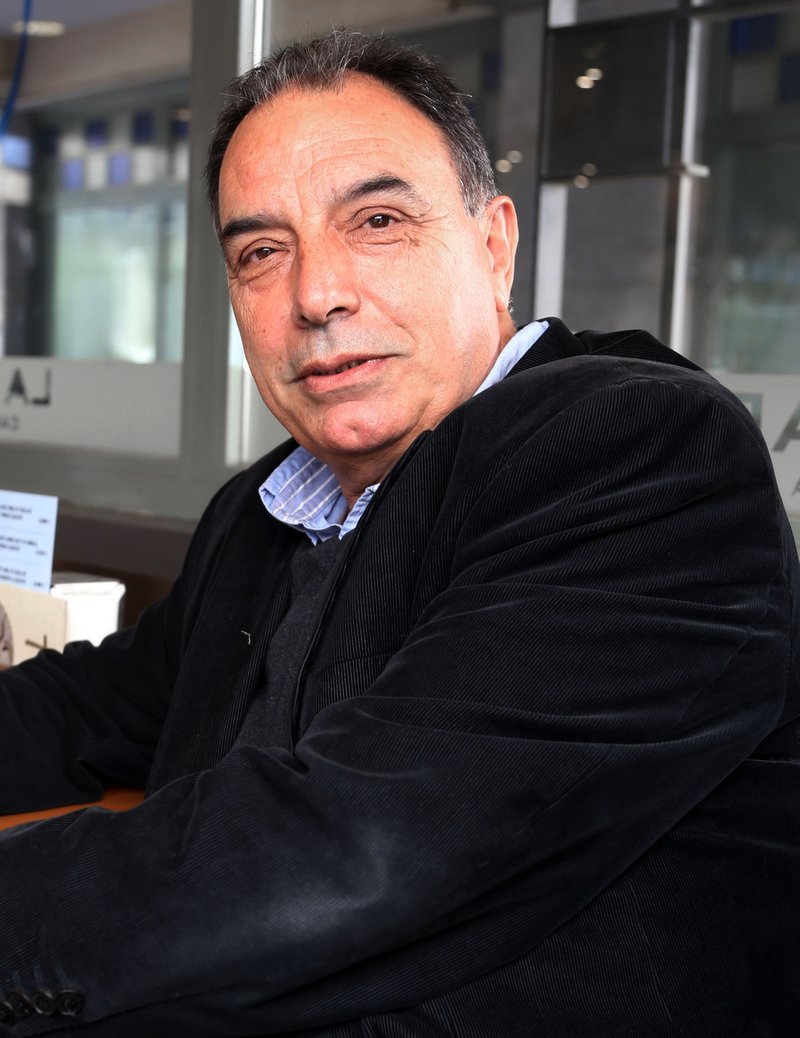Interview
Project English
UPF English professor and president of the APAC teachers' association, Miquel Berga, looks back at six months of El Punt Avui's foray into English programming
El Punt Avui TV is the first to offer English programming on a daily basis. Is the television a good place to promote English learning?
Offering daily programming in English on Catalan TV is part of the everyday presence of the English language in the lives of many people. Given that the television is such a common appliance in homes, the potential for bringing English to everyone is enormous.
The decision by El Punt Avui group (including Presència with four pages of English and Catalonia Today) to broadcast in English shows a commitment to the idea of a third language...
Exactly. And this is part of a strategic vision for the country to gradually advance towards a trilingual society, with Catalan as the native language, the natural use of Spanish – also a world language – and with increasing mastery of English, which has the status of lingua franca around the world.
How do you evaluate these first six months? What has been the feedback from educators and viewers?
I think what El Punt Avui group is doing is extraordinary for the presence of English in the country's media. Someone should put up a monument to them! From our teachers' association (APAC) the reaction has been very positive. Suddenly, our teachers and students (and the public in general) find they have English served up at home (or available on the net in many cases), and that includes English speakers who live Catalonia.
Does daily programming in English represent a leap forward for English learning in Catalonia?
I think so. The most interesting aspect is that it is not presented as an English course. The beauty of the project is seeing native English speakers and Catalans using English to interact and talk about experiences of interest to the viewers.
What is your involvement and where did the idea for The Class and Story Time come from?
It goes back to the beginnings of the “Catalonia Today” project under Carles Puigdemont. From the beginning it has been a team effort and today we have people like Marcela Topor and Neil Stokes playing a key role, along with the likes of Matthew Tree, Barney Griffiths and Nichole Millar. As for The Class, it was a personal project that has benefited from the expertise of people in the audiovisual world linked to the UPF, particularly Marta Andreu and Jordi Balló.
And the role of organisations, such as APAC, the UPF, the British Council and the education department?
We were keen to begin in line with organisations that share our objectives for English. The four your mention are great allies in that sense.
The Class plots the English learning of a group of schoolchildren. What other projects are in the pipeline?
The Class is a very special series that was recently nominated as a candidate for an award from the prestigious Input Archive, an organisation that recognises quality TV programming around the world. After following the progress of the children in their English classes, we are looking forward to a film version that the filmmaker Marta Andreu is working on to provide a 'distillation' of the series' hundred or so episodes.
People are reluctant to express themselves in English. The sight of Catalans maintaining conversations in English seems a way to incentivise viewers to do the same...
That can be a collateral benefit. People must understand that English has become an habitual tool, a common tongue used more by non-native English speakers. The interviews with Catalans is inspiring and stimulating when they explain their experience with English and the role it plays in their lives.
Are English programmes for children, such as Story Time, as important?
With Story Time, we wanted to recover the fascination for a narrator and their words, compared with the avalanche of imagery in the media that children are bombarded with every day.
What does the future hold for English Hour?
We are working on a very interesting project that will explore a new “human geography”: that of young people between 18 and 30 who have come –mostly to Barcelona– to study or for other reasons and who use English to communicate with our young people. We would like to create a “documentary laboratory”that reflects this new cosmopolitan dimension of the city. For the moment, though, we have our hands full with the programmes coming up over the next few months.
Leave a comment
Sign in.
Sign in if you are already a verified reader.
I want to become verified reader.
To leave comments on the website you must be a verified reader.
Note: To leave comments on the website you must be a verified reader and accept the conditions of use.

